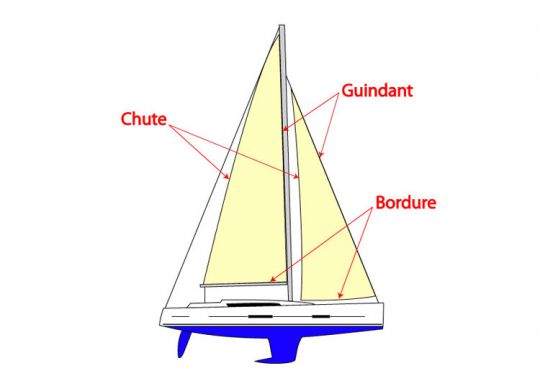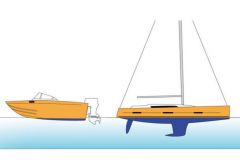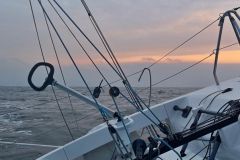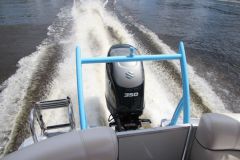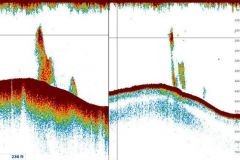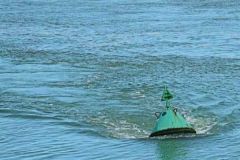The sail is precise in that each part is defined by a specific term. The use of this vocabulary can sometimes seem daunting to the uninitiated or give the impression of having to deal with a cult when we hear sailors speaking. But without being obliged to know all the vocabulary with precision, understanding certain words allows the amateur to put a foot in this initiated world.
Sail Vocabulary
Whether on the mainsail (aft, held by the mast and boom) or on the jib (forward, enraged on the forestay), the vocabulary is identical.
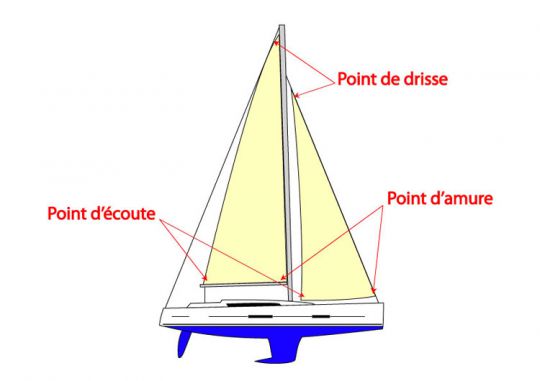
The 3 points of a sail
On our modern boats, the sails are triangular, held in 3 points. Everyone has a name:
- Halyard stitch . The halyard point is where the halyard is hung (said where the halyard is hit). It is with this point that we hoist the sail, that we send up the mast. So this is the highest point.
- Tack Point . The tack point is the point on which the sail is furled. Amurée means fixed at the bottom. It is thus the lowest point, this point is often fixed.
- Listening point . The clew point, to which the sheet is attached, is the point that will be used to adjust the sail. It is thus mobile in space to be able to"shape" the sail according to the desired adjustment.
The 3 ribs of a sail
The three sides of the sails also have their names:
- The luff . This is the edge that is along the mast or forestay. It is the edge that receives the wind first. The luff can be tensioned by pulling the halyard (the halyard is said to be tensioned).
- The border . This is the lower part of the sail. If she is free on the jib, she is taken on the boom for the mainsail.
- The fall . This is the free part of the sail, which connects the halyard point to the clew point. It is often the one you look at to properly adjust your sail (flatten the fall, twist the sail...).


